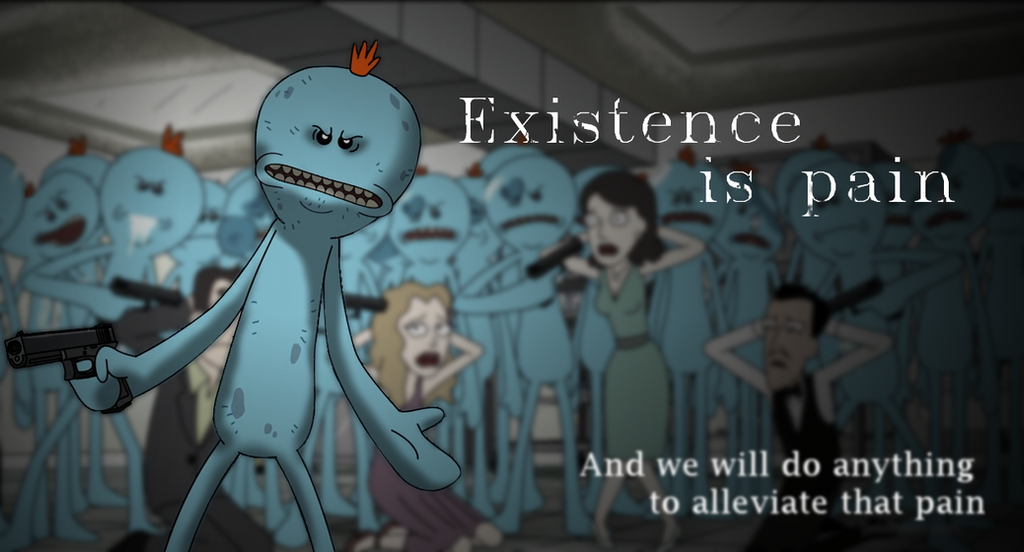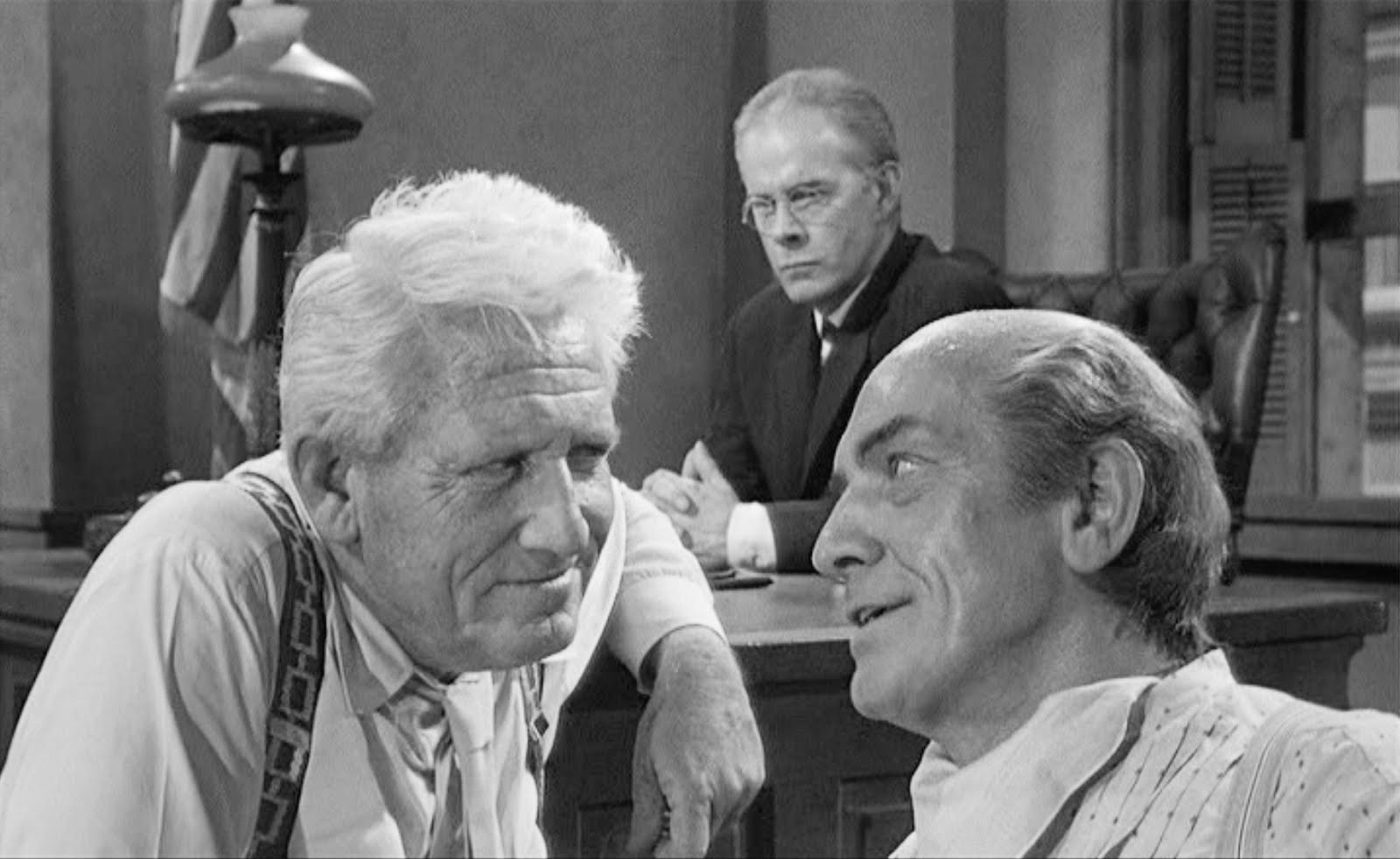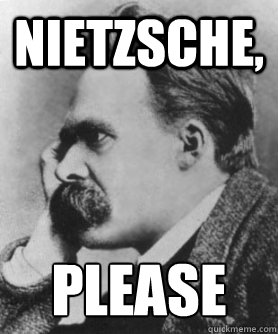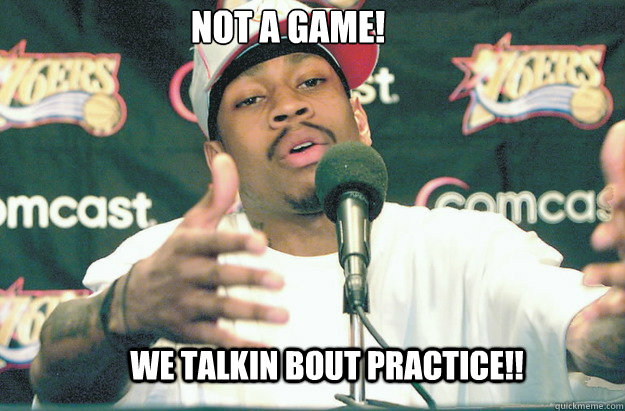"My heart, as it always strays from one object to another, unites and identifies itself with those which soothe it, wraps itself in pleasant imaginings, and grows drunk on feelings of delight. If, in order to hold them, I amuse myself by describing them to myself, what vigorous brush-strokes, what freshness in colour, what energy of expression I bring to them!
All this, I am told, people have found in my works, although they have been written in my declining years. Oh, if only they had seen those of my early youth, those I sketched during my travels, those I composed but never wrote down! Why do I not write them you will ask. But why should I? I reply. Why rob myself of the present charm of their enjoyment, to tell others that I enjoyed them once?
Confessions Jean-Jacques Rousseau (158)
















